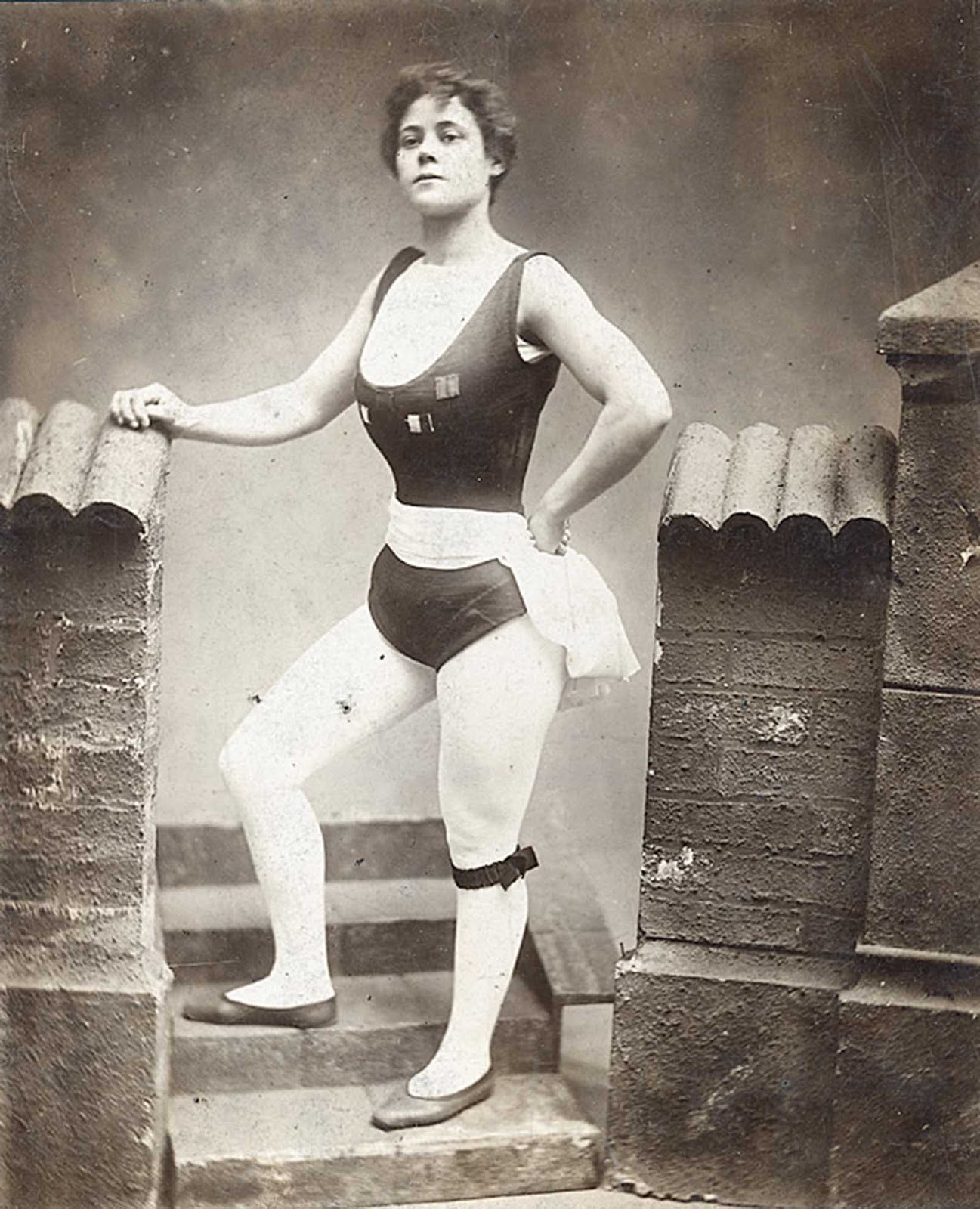
In the year of Poland regaining its independence and returning to the map of Europe, the theatre in Jezuicka Street operated as Teatr Powszechny, which loosely translates as Everyman’s Theatre. Its repertoire can be gleaned from press reports, and it was a mixed bag: theatre plays, mostly low-brow; concerts, performances by reciters, women singing satirical verse, and even women athletes. On Saturday 7 December 1918, Głos Lubelski invited its audience to an evening of entertainment:
Today is the third day of wrestling organised by Mr. Gromulski-Zagłoba. The extraordinary agility of the strongwomen and their technical expertise are appreciated by the audience, who are generous with their applause and call them back several times. The evening is capped by a beautiful cinematographic show Rose of the North and a concert performance.
Film screenings were an important part of the daily revue. The film announced in the newspaper remains identifiable: the efforts of the strongwomen and the musicians were paired with Rose of the North (Nordlandrose), a German drama about romantic love in a maritime setting (dir. Curt A. Stark, 1914).





